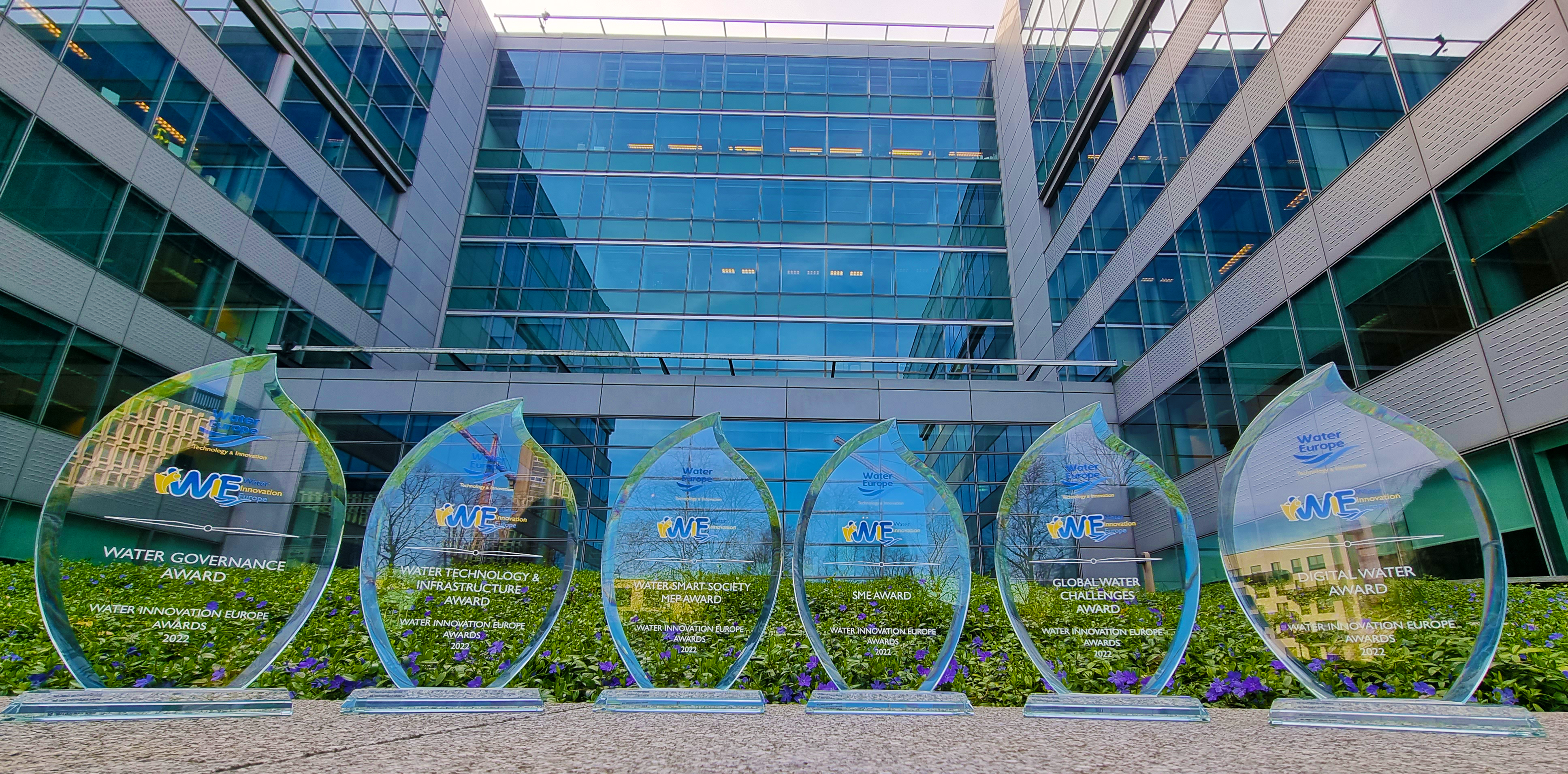This month, the NEXOGENESIS project officially kicked-off. On the 20th and the 21st of September, IHE Delft, the project’s coordinator hosted the digital kick-off meeting of the project with the participation of more than 60 people from all partners.
Over the next 4 years, the Horizon2020 funded project aims at supporting the development of policies that manages resources effectively. Artificial intelligence and machine learning are among tools to be used to assess the water-energy-food-ecosystem (WEFE) nexus in the new project.
Water, energy, food and ecosystems form an interconnected nexus that is central in providing resources and services needed to sustain human activity. The nexus is affected by changes in climate, precipitation, and land cover, as well as economic development, agriculture and urban growth. Currently, humans are extracting resources at a faster rate than they are replaced, thereby deepening resource and ecological deficits.
The complex water-energy-food nexus is poorly understood, and ecosystems are often not considered as an integral part of the system. In addition, policies for each sector are often developed in isolation, with insufficient consideration of the impact on the WEFE nexus. This poses a challenge that stakeholders, policy makers and academics engaged in NEXOGENESIS will help address by developing and validating a coherent cross-sectoral policy-making framework that addresses climate and socioeconomic change, as well as stakeholder behaviour and transboundary issues.
“With four case studies in Europe and one in southern Africa, strong stakeholder engagement and output validation, NEXOGENESIS is expected to contribute enhanced cooperation, improved policy making processes and better policies,” said project leader Janez Susnik, IHE Delft Senior Lecturer in Water Resources Management.
The project is coordinated by IHE Delft, bringing together a consortium of 20 partners, who will support the development of policies that address the nexus interconnectedness at several levels to manage resources effectively and avoid conflicts between users. For more information, please click here.



